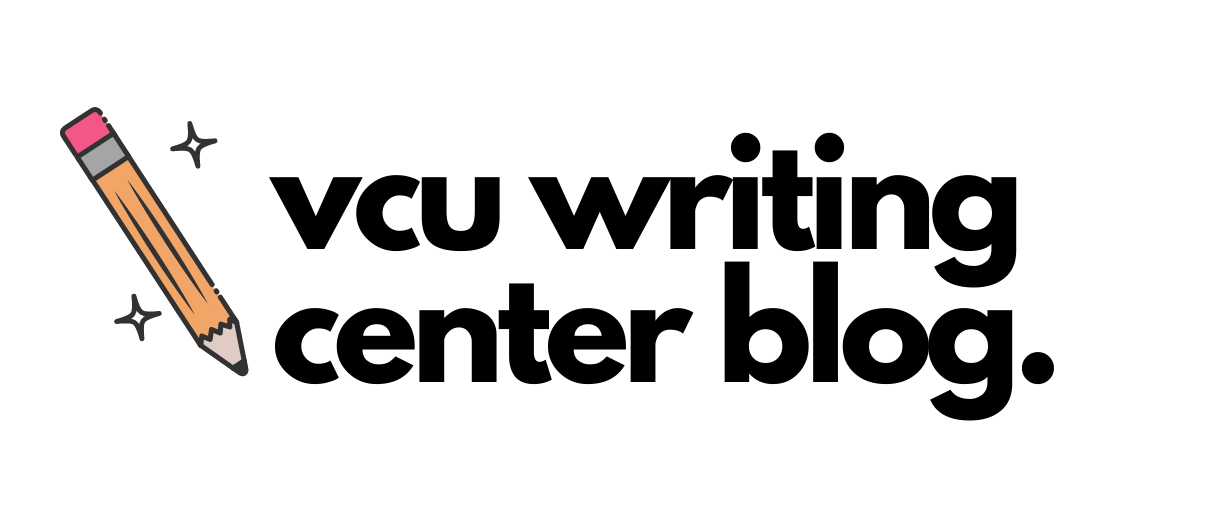When writing essays, sometimes the use of “I” is beneficial. During certain circumstances, you can use “I” – in that case, see our post on using “I” here.
However, sometimes that is not the case and your professor or the academic journal has deemed it unnecessary to use “I”. “I” statements can lead to biases because they can be opinionated as they are not supported by evidence. For example, using facts, figures, quotes, etc. is a feasible way to support your arguments. As we will discuss, telling stories and using secondary sources are all valuable tips to avoid using “I” and to help avoid biases.
Below, we will discuss some helpful tips on how to avoid using “I” and avoid biases.
- A useful way to support arguments is with sources (direct or paraphrased quotes), reports, data, or lab results/tests. You can also give examples, such as stories. You can tell a story whether it is personal, historical, or literary.
- For example, a literary example could be how industrialization is prevalent in The Lord of the Rings as the orcs deforest Fangorn for the profits in Isengard. Avoid stating something like, “I believe industrialism is significant in The Lord of the Rings because of BLANK.” Instead, you could write something like, “Tolkien’s language in The Lord of the Rings indicates the destruction of the natural world as industrialism becomes a capitalistic profit.” Another useful tip is that you could provide a quote from the text or describe a scene from the novel to support your argument.
- As for historical references, you can retell a historical event. For example, in 1969, protestors gathered in a field to oppose young kids being forced into Vietnam. This was known as Woodstock and it was done peacefully, without the means of violence. Avoid saying, “I think Woodstock was a peaceful event because of BLANK.” In this case, retelling a historical event without the use of “I” shows the reader your confidence and knowledge of the topic.
- Personal stories can be helpful, such as with personal statements. Tell a story about yourself or someone that you know. Try telling the story without using “I” to exemplify your skills in showing rather than telling. Don’t say that “I am a great communicator because I have skills in presenting.” Instead, tell a story about presenting. For example, “Presenting in front of colleagues was daunting, but after practice and discipline, communication became an adept skill.” A little corny of an example, but you get the picture.
- For example, a literary example could be how industrialization is prevalent in The Lord of the Rings as the orcs deforest Fangorn for the profits in Isengard. Avoid stating something like, “I believe industrialism is significant in The Lord of the Rings because of BLANK.” Instead, you could write something like, “Tolkien’s language in The Lord of the Rings indicates the destruction of the natural world as industrialism becomes a capitalistic profit.” Another useful tip is that you could provide a quote from the text or describe a scene from the novel to support your argument.
- Next, use secondary sources to counter-argue or disprove someone else’s opposing argument. Rather than using “I” and relying on opinions, counter-argue opposing views.
- For example, if someone said blueberry pie is better than apple pie, counter-argue that logic with secondary sources. Don’t say, “I believe apple pie is better than blueberry pie because apples are better” as it does not give the reader a substantial counter-argument and does not answer the how/why questions. Instead say something like, “According to the 2022 Richmond, Virginia VCU consensus 88 percent of people claimed that apple pie is better than blueberry pie.” You can even include charts (see below, fig. 1).
The use of “I” is sometimes preferable, but some academic journals or professors discourage the use of “I.” If that is the case, use what we discussed to implement that in your writing. Tell a story and use quotes to counter-argue or support your argument.
About the Author
Chris Alimenti was born in Little Silver, New Jersey and at the age of fourteen, he and his family moved south to the heartland of the Blue Ridge Mountains in Charlottesville, Virginia. Christopher recently graduated from Virginia Commonwealth University in May 2021 with Master’s in English with focus on Early Modern Literature. He is also an alumnus of the Superscripts Club at VCU, which transcribes 15th, 16th, and 17th-century English writings that range from poetry to prose and even some recipes written in Latin. During his time at VCU, he was a copyediting intern at Blackbird: an online journal for literature and the arts in the Spring Semester of 2019.
Quote: “Fear is the path to the dark side. Fear leads to anger. Anger leads to hate. Hate leads to suffering,” Yoda.
Photo by Nick Morrison on Unsplash

